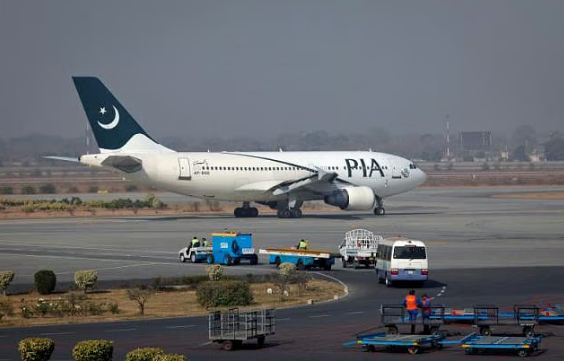Pakistan’s Civil Aviation Authority (CAA) has announced temporary airspace restrictions over two of the country’s busiest airports—Jinnah International in Karachi and Allama Iqbal International in Lahore—citing security concerns, according to local media reports.
The restrictions will be in effect daily from 4:00 a.m. to 8:00 a.m. (local time) beginning May 1 and continuing through May 31. A report by The Express Tribune stated that certain portions of the airspace over the two cities will be closed during these hours, though the CAA clarified that the move is not expected to cause major disruptions to commercial flight schedules. Aircraft will be rerouted using alternative flight paths during the closure window.
The CAA’s decision is described as a precautionary measure aimed at bolstering national security. While no specific threats were cited in the official notice, the move comes amid heightened regional tensions and increased scrutiny of cross-border aviation activity.
Last week, Pakistan barred Indian-owned or operated airlines from using its airspace following a deadly attack on tourists in the disputed Kashmir region, which resulted in 26 fatalities. In response, India imposed a reciprocal ban, closing its airspace to Pakistani airlines until at least May 23.
In light of these developments, media reports also indicated that new directives have been issued by Pakistan to closely monitor all aircraft transiting through its airspace, including foreign carriers. These measures are part of an intensified effort to oversee flight activity and enhance situational awareness over Pakistani territory.
Despite the ongoing diplomatic and security concerns, aviation officials have emphasized that the temporary airspace closures will be managed in a way that avoids significant interference with normal operations. Airlines operating in and out of Pakistan are expected to adjust flight schedules and routes accordingly.
As regional tensions continue to influence air travel logistics, both Pakistani and international aviation authorities remain on alert for any developments that could further impact flight safety and operations in South Asia.


